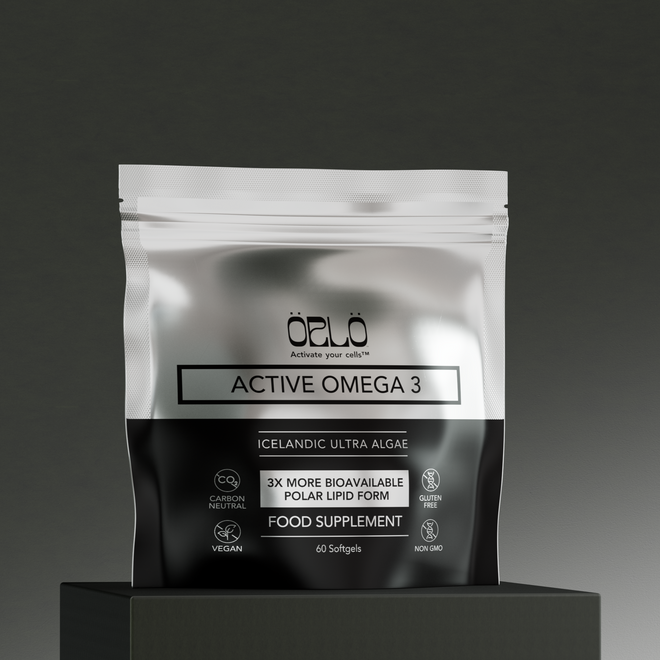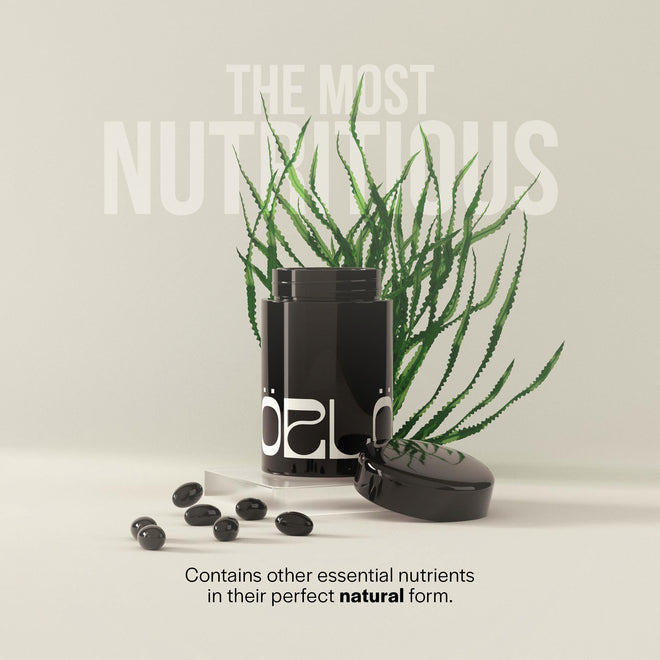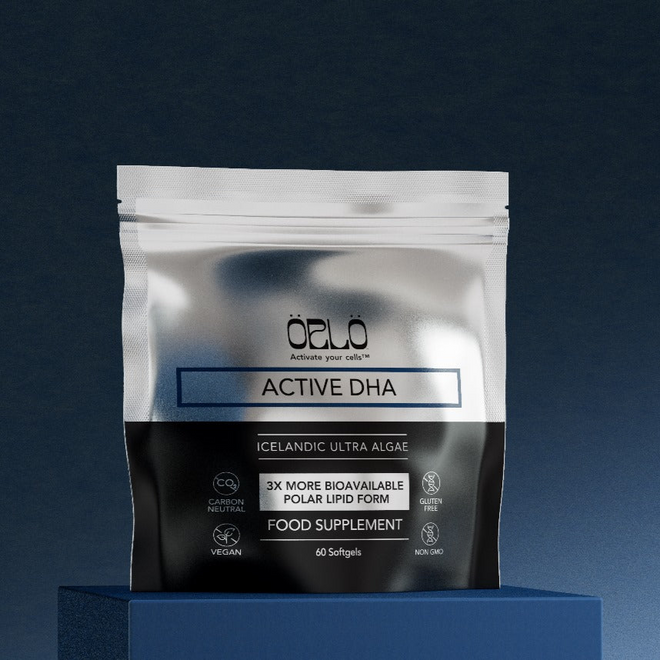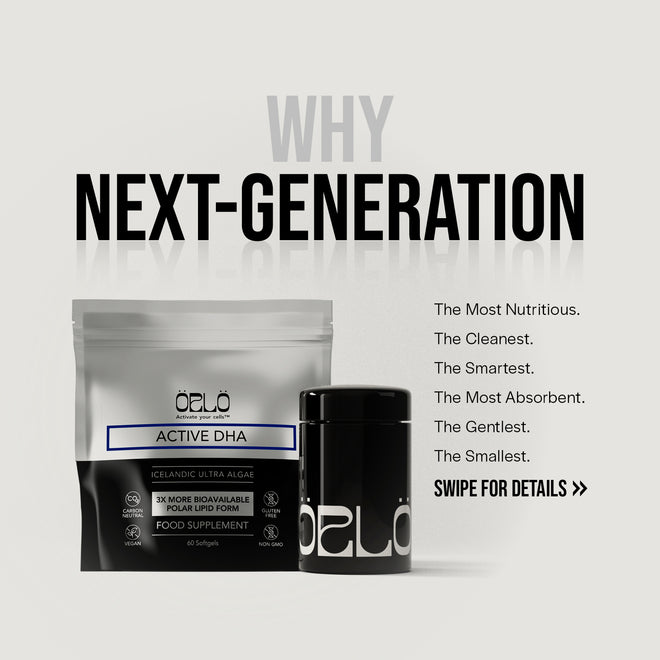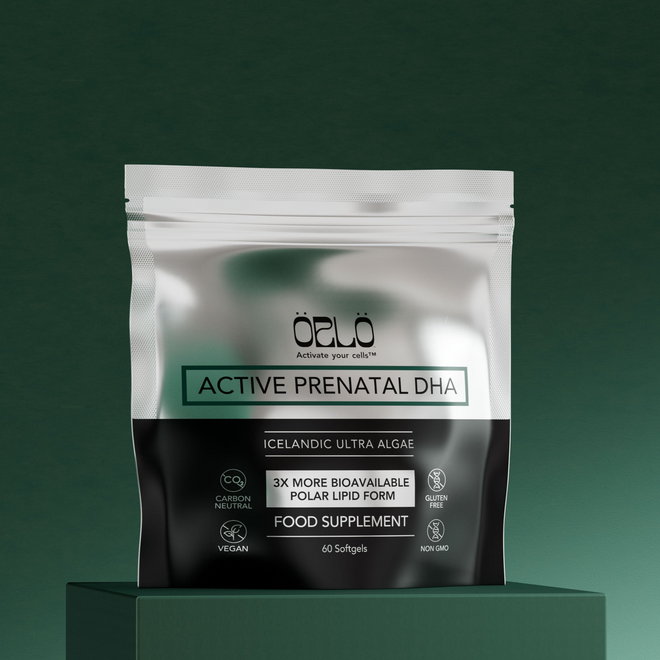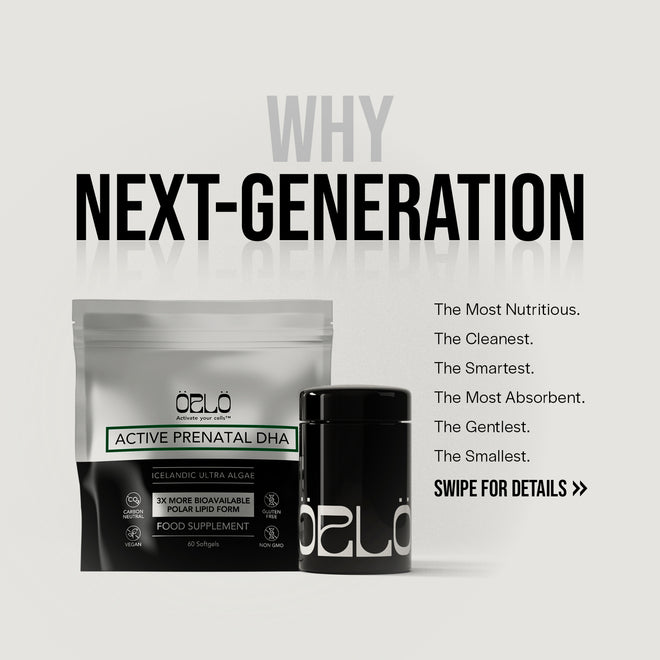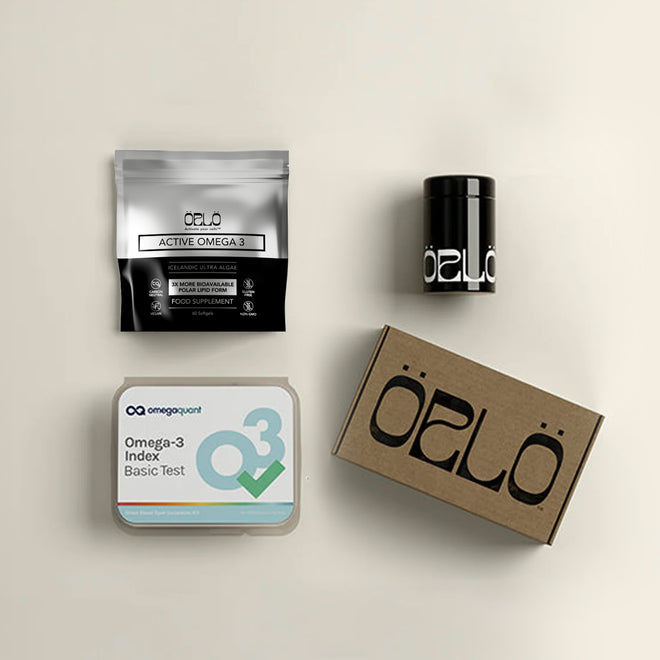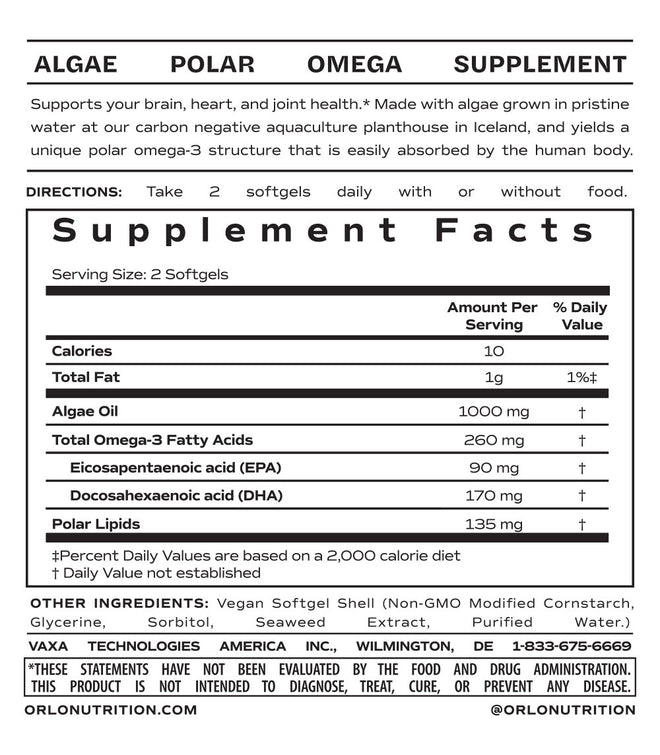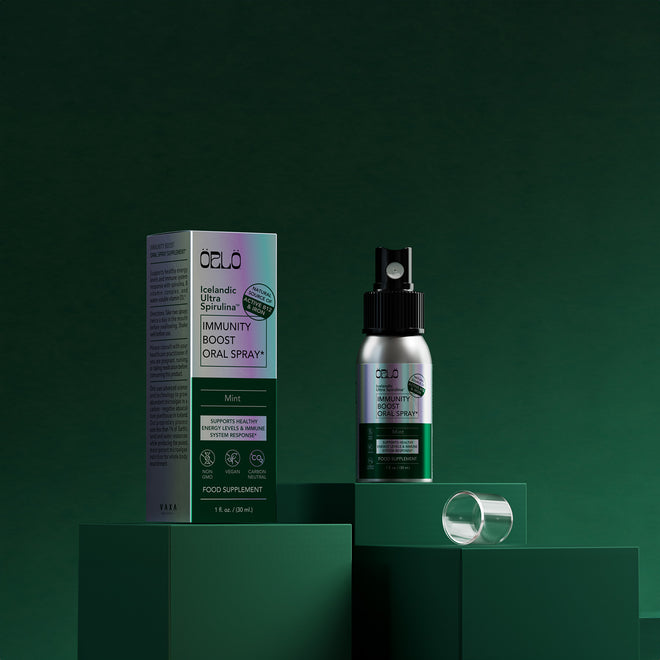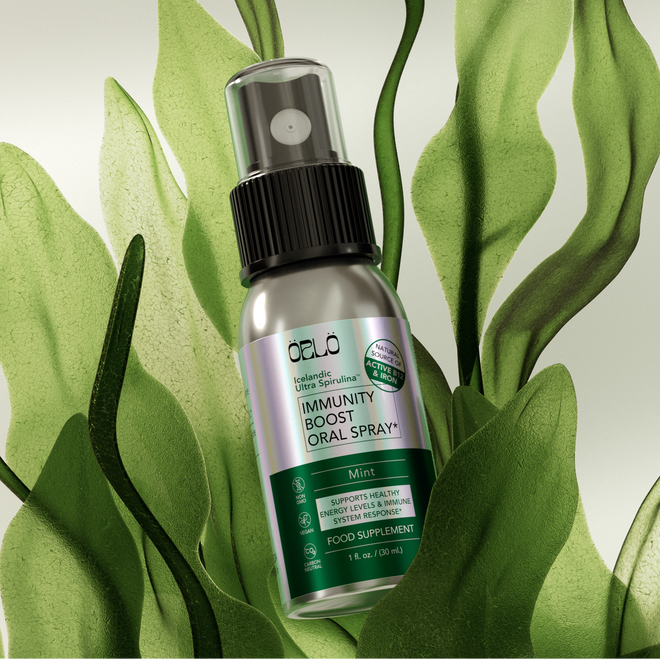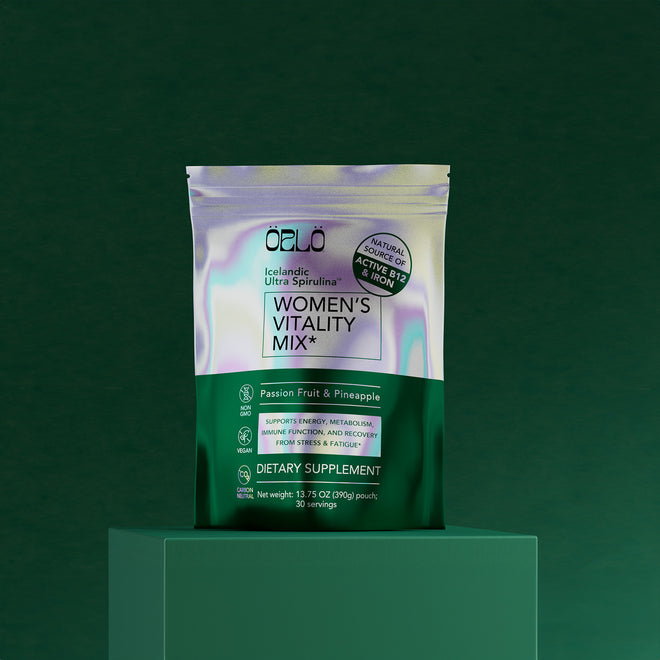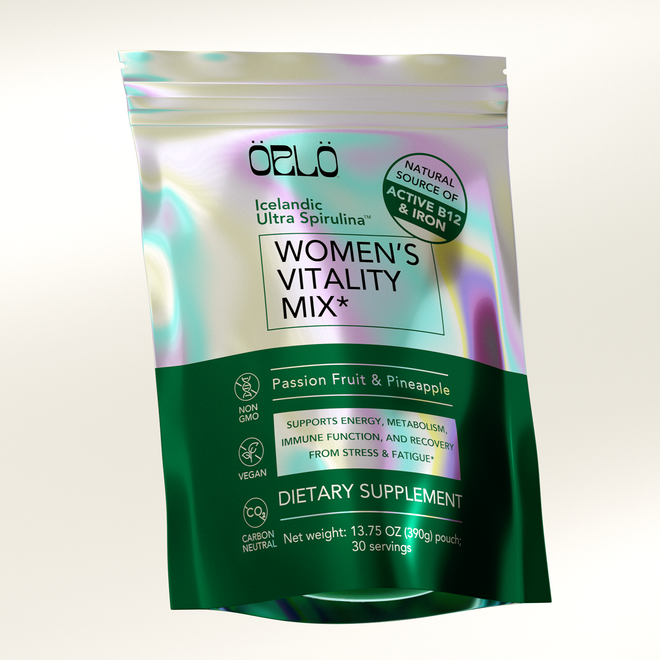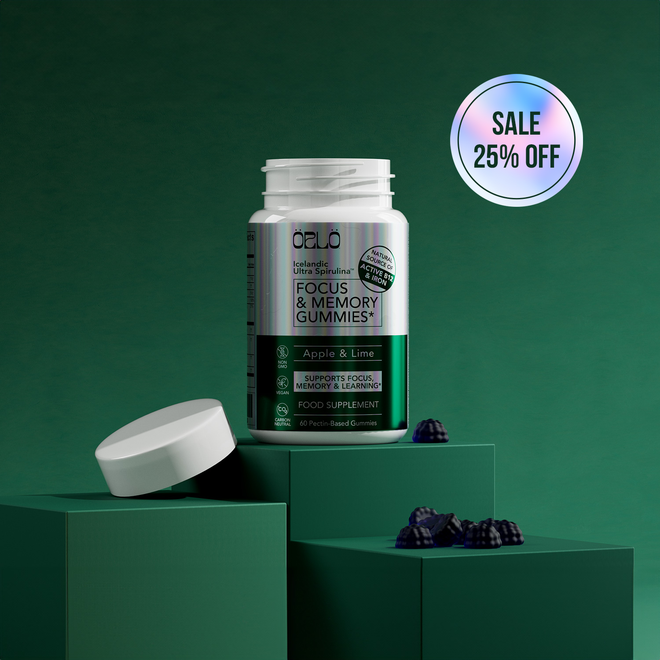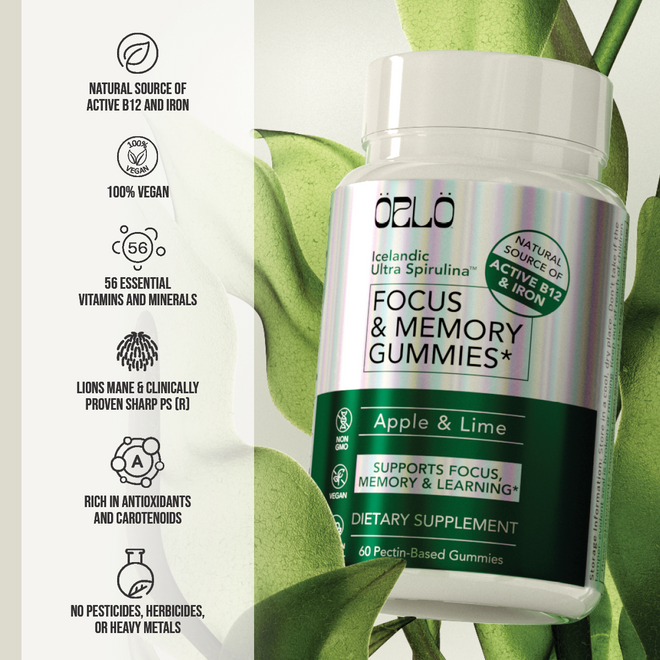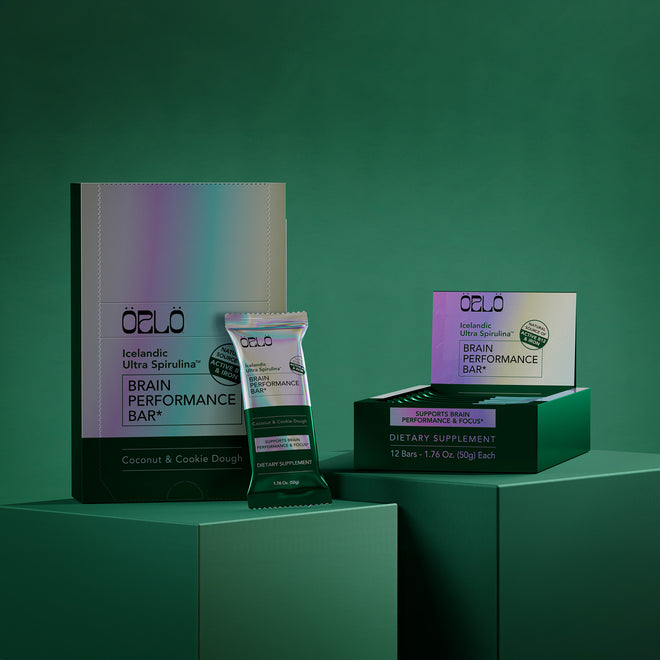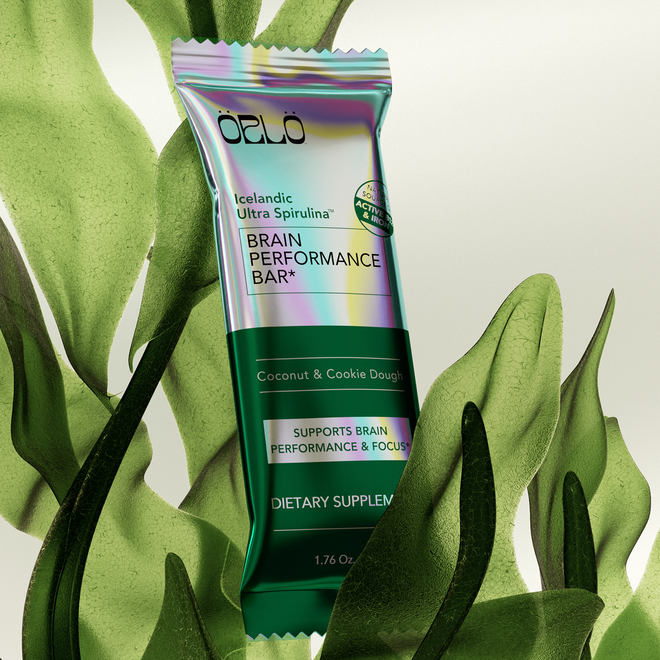25% Off - use code: HOLIDAYS
From Felony To Fitness To Free: Overcoming Addiction And Transforming Your Life With Doug Bopst
Watch the episode here
Life hands us some tough moments that ultimately transform us into who we are meant to be. When you come out of those dark spots, you earn some incredibly valuable lessons that just might help others who are in those same positions. Doug Bopst took on the courage to share the difficult moments in his life to inspire people in their own personal journeys. Now, he is an award-winning personal trainer, author of three books, and host of the Adversity Advantage Podcast on a crusade to inspire others to overcome adversity and become the best version of themselves. In this episode, he joins Corinna Bellizzi to tell us how he overcame addiction and transformed his life. With his book, From Felony to Fitness to Free, Doug imparts valuable lessons that we can apply in our own lives.
Key takeaways from this episode:
- The great lessons Doug learned from his journey From Felony to Fitness to Free
- How fitness helped Doug break bad habits and build his confidence
- Why emotional and mental wellbeing is equally important as fitness
- The number one mistake people make with nutrition
- How to develop a better relationship with food and nutrition
Guest Social Links:
Website: https://dougbopst.com
Instagram: https://instagram.com/dougbopst
YouTube: https://www.youtube.com/@dougbopst1
---
From Felony To Fitness To Free: Overcoming Addiction And Transforming Your Life With Doug Bopst
I'm joined by an incredible human with a transformation story that will blow your mind. I'm thrilled to introduce you to Doug Bospt. Doug is an awarded-winning personal trainer, bestselling author, and podcaster who is on a crusade to transform and inspire. He has been featured in many media outlets, from NBC's Today Show to Men's Health and podcasts. Some of my favorites include Rich Roll, Impact Theory and Dave Asprey's show, The Human Upgrade. His own show, The Adversity Advantage Podcast, offers insightful resources to all people who seek to better themselves. It is with great honor that I introduce you to Doug Bopst. Welcome to the show.
Thanks for having me.
I have had the opportunity to listen to you on some of my favorite podcasts. I have to say I appreciate the story that you have told. You have written this out for anybody who wants to dig into it in a book called From Felony to Fitness to Free. How hard was it to open yourself up to being transparent about these difficult moments of your life?
It was super challenging at first because back in 2008 and 2009, when I started to change my life, a lot of this was still stigmatized. People look down on people who smoked pot and convicted felons and went to jail. Some of that still exists, but it was way worse back then. We have come a long way from where we were several years ago. The thought of me sharing my story with people that I trained and people that maybe I didn't know was hard for me. I thought that if I told somebody that I was a convicted felon, I used to do drugs, I spent time in jail or any of the other things that I did that I wasn't proud of as a kid, that I initially thought people would judge me for that.
Early on in my personal training career, I had the benefit to trained some amazing people throughout the course of my career. Some of my clients were instrumental in my ability to share my story. I remember I was having dinner with one of my clients. She was somebody that I trusted. We connected well. She knew part of my story because she opened up about a part of hers, and I shared part of mine.
I remember her telling me, “Doug, the people that judge you for sharing your story and for the mistakes you made in your past are not meant to be in your life in the future.” That stuck with me. If I had people in my life that were judging me based on something that I did years ago or judging me from my rock bottom moment before I had become who I was at that point in my life, why would I want to spend time with them? That was one big moment for me.
The people that judge you for sharing your story and for the mistakes you made in your past are not meant to be in your life in the future.
The second big moment was I was training another lady. She was somebody that would always invite me over for dinner during the holidays. I would train her kids, trained her, and she valued me a lot. I had a great relationship with her. She almost was a second mom to me. I was nervous to tell her why I got into fitness because I thought that she was going to judge me. That was my fear going into it unless somebody already knew. I remember sharing my story with her. She was like, “I thought the world of you before you told me that. Now I think even more of you because of what you shared.”
That started to snowball a bit. I became more open with my personal training clients about my story. As I did, some local newspapers would come and do features on my story. They share with local television channels. What I found was that people are related to it. I wouldn’t get messages like, “You are a piece of crap. I can't believe you did those things.” It was like, “Thank you for sharing. You inspired me. I now have hope for my son and loved ones. It made me feel better about myself.”
In your book, From Felony to Fitness to Free, you are open about that entire path and even the beginning of your transformation, which was meeting someone who was willing to share the hard truths with you and be hard on you, your cellmate Eric in prison. Do you want to talk for a moment about that, how meaningful that particular relationship was, and why?
When I walked into jail on my first day there, I cried because I didn't want to go in. The day I left, I cried because I didn't want to leave. During the first few weeks of my 90-day sentence, I not only had to battle with a lot of the demons that I was carrying with me and all the thoughts that were going through my head about what could potentially happen in jail. I also had a horrific opiate addiction to kick cold turkey.
A lot of that was challenging and detoxing off of OxyContin. Cold turkey was like having the worst case of the flu, uncontrollable bowel movements, vomiting, sleepless nights, shaking, anxiety, depression, and everything that you could think of that comes with that. During my early days there, my soon-to-be cellmate, Eric, was sitting there playing scrabble. I remember he looked at me, and he was like, “What are you doing here?” He was asking me questions because he looked at me. He was curious why I was in there. Maybe he didn't think I fit in.
I started to share a little bit about why. He could tell I was a lot less confident than I am now. Now, I'm pretty well-spoken and articulate in the way I speak. Back then, I was quiet. My shoulders are rounded forward. I wouldn't look somebody in the eyes. I was hesitant to speak and share things. He was like, “When you get through your detox?” He knew I was detoxing from OxyContin. He was like, “You are going to start working out with me. I was like, “There is no way.”
It wasn't a question or an invitation. It was like, “This is what is happening.”
I told him, “I have never formally exercised consistently.” At the time, I could have been a model for Pillsbury. I was embarrassed about whom I had become as a person. I was like, “There is no way I'm going to want to exercise with you.” He was like, “All right.” The conversation that changed my life was after I saw him work out not too long after that. He was insane with some of the stuff he could do in jail.
We had a conversation in the jail cell. He asked me more about my story. I started to share. I started to blame everybody for my problems, my parents for being divorced, kids who picked on me, girls who wouldn't go out with me, and the sports teams I didn't make. I was taking all the blame off of myself and putting it onto other people, which is common when people are going through hard times.
He told me to stop being a victim. When he said that to me, I was in shock because I thought that I was right and everybody else was wrong. It was their fault that I was here. At that moment, I wanted to be cuddled. I wanted him to pat me on the back and say, “It is okay. They are at fault. The world is a dark place.” I got the exact opposite.
He was like, “You are blaming every single person for your problems except for yourself. There are plenty of people in life that go through what you went through that aren't in jail.” I'm like, Yes.” He was like, “You made choices based on the circumstances that got you here.” It was hard for me to hear. I knew it was true because I did know that there were many things I could have done differently. Even though maybe I didn't think I had the courage or confidence to do those things, I still am like, “I made some poor choices.”
It sounds like he is perhaps an early promoter of this idea of radical responsibility of taking supreme ownership of your own actions and where you are in your life. That is a concept that is hard for young people often to accept and ingrain to break bad habits or break this cycle of blame. When you are in a cycle of blame, you remain the victim regardless of what you might know better, but you are stuck in that. That becomes many people's experience.
Taking this differently and hearing from someone directly that and telling you those hard truths opened an opportunity for you to change. I would love for you to share more specifically about how fitness and this one man enabled you to work to break those bad habits and rebuild that confidence because it doesn't come from a single source. This is something that you would need support to ingrain and keep pace in prison and after you would leave. Let's talk about that. Let's deepen that.
Self-confidence comes from doing things you are afraid of that you know good for you. You are doing them anyway. Once you achieve those things, and you step foot into the arena and try, you learn to feel good about yourself because you were like, “I know I should have been doing this, and I am doing this. I'm showing myself some level of self-love and self-care because I deserve that.
Self-confidence comes from doing things you're afraid of but know are good for you.
What he taught me is that no one is coming to save and rescue you. Many times in life, when we are in these low moments, we want someone to pull us out of a ditch and carry us the entire way. Take spirituality and religion out of it because I'm a Christian. I believe in God, and there is some help there. I'm talking from a human experience perspective. The issue is that growth, character, fortitude, and all these things that shape us as humans come from navigating hard times and going through tough times.
When he said that to me and told me I had two choices, I could either be a man, look at myself in the mirror, and say, “I made these choices to get myself here,” or go be a victim and cry in the corner, it allowed me to say, “What do I want?” I have been doing this path in my life for so long that it is gotten me here. Let me choose something different.” When I started to exercise, the thought of me being able to do a set of ten pushups and run a mile, which was the goals that we set, while at the beginning of my fitness journey in jail, seemed like climbing Mount Everest to me. It seemed like something that I was never going to be able to achieve.
We went out to the common area of the jail. He was like, “Get down to a pushup.” I couldn't do a pushup. I collapsed because my core was weak. I had some excess body fat. I was way out of shape. I would get up and take a break. I walk up and down the steps. I could barely walk up and down the steps. We worked at that. Slowly but surely, I was finally able to do a pushup from my knees, which I had never been able to do. That gave me confidence because I'm like, “Before, I couldn't do this thing. Now I can. I'm feeling better about myself. What is next? I didn't think I could do a pushup for my knees. I did. Let's do 2,3, and 4.”
I start stacking these wins on top of each other. You start stacking these new levels of confidence. By the time I was able to do a set of ten pushups for my knees, we had moved on to doing a traditional pushup for my feet. The same thing happened. I was able to finally do a pushup for my feet and start stacking these even more small wins. You get to a place where you were like, “A few months ago, I could barely walk up and down the steps. I could barely hold myself up. Now I'm able to do a set of pushups without stopping.”
One part of the day, we would do calisthenics with the pushup stuff. For another part of the day, I would work on my cardiovascular conditioning, where you start with walking around the loop inside the jail. That turns into a jog. That turns into jogging a few laps. That turns into running. You start stacking these same small wins like I did with the pushups. Sure enough, I'm able to run a mile by the time my jail sentence is over. All of that like build confidence and self-esteem in me.
What it also did which is even more important, is it taught me how to reattach behavior to emotion. This is important for people because what happens, and it has happened to me and a lot of people, is that our brain sometimes is defaulted to certain things. We all have the things we reach for when we are going through a hard time. For me, it was drugs. Anytime I got anxious, depressed, stressed, a fight with my family, my initial thing to cope with was drugs. My body knew that that would make me feel better. In jail, I was stripped of all that. I couldn't do that.
How do I manage my emotions and self-regulated there? I couldn't start a fight because I got the crap beat out of me. I couldn't lash out at prison guards because I would get more time or end up in solitary confinement. I couldn't have a negative coping mechanism necessarily. Fitness became a great tool for me. When I got stressed, worried about the future or having hard times, I could channel some of this negative energy into something positive. Because I did it enough times while I was in there, it rewired my brain to where when I got out of jail.
Stress was still there. It was even more stressful because I was like, “I don't have the prison walls to guard me from the world. I don't have my cellmate to guide me. I have to learn how to live again.” A lot of stress and anxiety comes with that.” It was like, “I'm stressed and anxious. Where can I go for a walk or a run? Where can I carve out some space to do some pushups?” It changed my life because one of the hardest things for people to do in recovery is learn how to manage their emotions again.

The other thing was I never had any self-discipline. I never was able to see something through because I was impatient. My brain was wired for instant gratification. I wanted to feel good at the moment, no matter what I had to do, whether through food, drugs, or causing drama among the people I knew. I needed to feel some rush quickly that translated over into jobs. I had 21 jobs by the time I was 21 years old. I would start a job, and I quit. I say, “I didn't like it.” I was like, “I'm selling drugs. I can make way more money doing that.” I would get fired for not showing up.
Exercise, discipline, and all the stuff that I was doing in jail with the help of my cellmate trained me on the importance of self-discipline and how hard it is and as hard as people think it can be. The gain you get from a life level is life-changing because you are able to stick to things that you know you should be doing on a daily basis.
One of the things you talk about a lot on your podcast is how becoming physically active, reaching this next leve,l and being able to say, “ I moved from doing 1 pushup to 10.” It gave you a level of confidence where you could walk with your shoulders back and your chest out and carry with you a certain confidence that would ultimately help you abate some of these negative feelings, self-deprecating, or self-doubt thoughts that might come into your mind otherwise.
Another thing you talk about is the fact that fitness often precedes better health choices with regard to nutrition. As a personal trainer, you likely confront this with the people you serve. I wondered if you could talk about that first because your take two on trying to eat healthy in prison was quite interesting. When you were able to come out of that world and have a cornucopia of food available to you, you sometimes went for the Big Mac or whatever else. You are going into a more healthy pattern of eating, which would also support you. Given the show is called Nutrition without Compromise, I figured it would be nice to cover that.
Before I was in jail, my diet consisted of cheesesteaks, pizza, fast food, convenience store snacks, and all the whole nine yards. When I was in jail, I was put on a “diet.” I wasn't allowed to eat bread, some of the starches and processed food that was available in jail. Having conversations with my cellmate, who was knowledgeable in the world of health and fitness, he was guiding me on what I was going to be eating when I got out. He gave me some guidelines on what to do. He recommended some fitness magazines that I could pick up. I could learn more about health and nutrition. I was all in.
That became great, but it also became my Achilles heel because, with the addict mind and how obsessive I was, I worried that if I went off my nutrition plan or if I didn't exercise, I was going to go back to the person that I was, which I didn't want to do. Early on, there was no wiggle room for me to eat anything other than what I knew to be “healthy” because I equated that and that if I ate cookies or pizza, that was something the old Doug would do. I was going to end up going back to who that person was, which I didn't want to do.
When I got out, it wasn't like I was eating all organic and grass-fed this and that. I was making better choices naturally. Breakfast was oatmeal and eggs, which was a total improvement from before I was in jail. Sometimes I wouldn't even eat breakfast. It wasn't in a constructive way where I was in intermittent fasting. I wouldn't eat, and I would binge later on in the day. I would eat Pop-Tarts and Egg McMuffins. Not that there is anything wrong with that every once in a while, but I was doing that regularly. Lunch was a turkey sandwich and whole wheat bread or something like that with some fruit. Dinner was always a protein, vegetables, a healthy starch, and some healthy snacks in between.
To most people, that is a great start. If most Americans ate like that, I would say that we might not have the obesity epidemic we are in now, but I would be obsessive about making small changes. I would always want to get better myself because I was like, “There is got to be a way to take this to the next level.” I did that for a while. It got to a place where I was only eating certain foods, and I was incredibly ripped from a body fat percentage. I was physically healthy, but I was still mentally and emotionally unhealthy in some ways
You had turned your eating and exercise patterns into a disorder.
They call that orthorexia. That is what happened to me. Not that there is anything wrong with being hyper-focused on eating well as long as you have a life outside of that. I didn't. I was hiding in my room and not going out to eat with friends, which is unhealthy because we all know the power of social interaction, having fun with friends, and not being too restrictive.
If I were traveling, I would take frozen chicken breasts and broccoli on planes, which is nothing wrong with that if that is what you do. For me, it wasn't because I was competing in a bodybuilding competition at the time, or because I like loved doing that. It was more because I was worried that if I ate anything outside of my plan, I was going to gain weight or go back to being the old version of me.
It got to a place where I was miserable and confused. I was in my early to mid-twenties. I thought that as a kid, when I was going through all the stuff I was going through and if I could get to a place where I was incredibly ripped, and I was making good money. I was as a personal trainer at that time. I was getting attention from pretty girls. I would be happy because that is what I wanted as a kid. I thought that I wanted the girls to like me. I wanted to not be called fat and bullied in school. I wanted to make some money in a way that was legal so that I could live a good life.
I got to a place where I was like, “Why am I not happy? I'm doing all the things. I can't be eating any healthier. I'm exercising like a machine.” What I realized is I had used that as a little bit of an escape to almost hide from a lot of the stuff that I hadn't dealt with. Not that my life was going bad. My life was still going well, but I was randomly anxious at times. I was holding on to a lot of guilt, resentment, and shame around who I was as a person. Even though I started to share my story and stuff, there was still a lot of it that I was like, “I can't believe I did some of that stuff.”
There was this level of cognitive dissonance that existed where I would get some nice compliments about how attractive I was or how I looked like celebrities that were attractive. I wouldn't believe it because I still saw the old version of me in the mirror. That forced me to do some deeper work on myself mentally, emotionally, and spiritually. I started to not only unpack some of that but begin to redefine who I was as a person and be able to rewire some of these thoughts and patterns that I had created through survival and the way I lived my life. Fitness wasn't the end all be all for me.
Even though I'm still a trainer and I still exercise anywhere between 4 and 6 days a week. It wasn't my life. I didn't want it to be my life anymore. I want it to be part of my life. It is something that I did as part of everything else. You were talking about this because you said you heard me talk about this on Dave Asprey's podcast. One of the things that are a slippery slope for people is that if people aren't comfortable with who they are. Without fitness, it is easy for fitness to be a drug. The way you look to be used as a drug and get addicted to the external validation can come from being fit.

I want to preface this. To maintain a low level of body fat percentage, I am all about looking good in the mirror 100%. However, from my experience, if I don't like myself or who I am, and I don't have other hobbies, I don't have other things going for me. That part of my life is negatively impacting other areas. It is important to take a look into that. That is something that I did. Once I did that, I realized I wasn't the same Doug anymore, and I completely changed. It didn't matter if I had a cookie or not. I wasn't going to go back to being the guy that was selling drugs, addicted to drugs, the one that was manipulating people and lying to people and was in jail.
I realized that I had changed, and I was more attractive physically. I did value things that were positive in my life. I was a good person. I had good people in my life. Once I started to realize that, my relationship with food changed to where I was able to say, “I can have some pizza. I can go out and meet for a cheeseburger if I want. I can fill in the blank.”
Ironically, I thought I would be more miserable by doing that because I thought I would gain all this weight or I would end up going down the same path I did before, but I have become much happier, and I've learned to appreciate things a lot more because I wasn't having all this stress about being restrictive with my health and fitness.
I have to say to share a part of my personal story, which I don't often do on this particular show, but I have been a marathon runner. I used to compete in mountain biking. I also have been one of those so-called gym rats who got to the point where suddenly, all the other gym rats gave you that appreciative nod. Suddenly, you are one of the class even without thinking about it because you got a certain level of what you are able to lift and do.
There is almost this comradery of mutual respect that comes from those other people who are spending all of their time, resources, and energy at the gym and trying to be their best physical like most fit, best-looking in the mirror type self and have had to make a choice to put a little bit more balance into my life, having two young children at home and work responsibilities.
At first, I was probably walking the path of being too focused on never taking a break, never having that hamburger and never having a little bit of pasta, even though this might be what my kids want to enjoy while I make a healthier version than most might in their homes. We are often cooking everything from scratch.
When you don't give yourself that mental break to be in a sense with your family, enjoy the moment, and not vigilantly focus on this nearly unattainable consistent perspective, you can, in a way, turn your fitness or your eating habits into an unhealthy obsession that makes you perhaps a little bit difficult to be around, impossible to dine out with, among other things. I applaud you. Having that bit of balance in your life and being able to take that moment and say, “I don't necessarily need to be the perfect picture at every second of my life,” can open you up to being more balanced.
I appreciate you sharing your story on that. A lot of people struggle in silence on this because it is not easy to open up when you are at a gathering with friends, or somebody is calling you on the phone. You have gotten hyper-obsessed with your health journey because of maybe the way you feel about yourself or something that happened in the past, whatever it was. It is not easy to say, “I'm afraid of coming out because I'm scared that if I eat a piece of pizza, I'm going to gain weight or I'm going to end up being the person that I used to be.” You are admitting that you are having some problems and a hard time mentally and emotionally.
That is hard to admit., especially with something like food where there are a lot of people that don't have an unhealthy relationship with food that maybe can't relate or understand, and they make you feel worse, or they were like, “You will be okay.” It is not like they are able to fully understand where you are coming from. I found that out throughout my journey with that.
One of my best friends to this day still says something to me that shifted stuff for me. I have been thankful to have some amazing people in my life that have been mentors and provided some great advice to me. He said, “Doug, why do people train with you?” I was caught up in my body fat percentage, how I looked in the mirror and all these things.” I'm like, “It is because of my story.” He was like, “Has anybody ever trained with you because of how many abs you have or how big your biceps are?” I was like, “No.” He was like, “What are you worried about?”
He was giving me some tough love, but he was also one of my closest friends. He knew that I was having a hard time with all this because we had talked about it. As a trainer, you want to be in decent shape. It is part of the job. I worried that if I was going to go off on my diet, I was going to be seen as a “fraud.” I would run into people I knew from the gym at an ice cream shop. They were like, “What are you doing here?” I'm like, “What are you doing? I'm eating ice cream.”
At certain moments, I felt this sense of shame because I was like, “Are they going to go and tell everybody at the gym they saw me eating ice cream, and I'm going to be seen as somebody who is a fraud?” That was another layer to it because that was a health and fitness professional. What I will say, and it is important, is that one of the biggest mistakes I see people make with nutrition with anything is they try to go from 0 to 100.
If you are a marathon runner, I guarantee you that on day one of your runnings, you weren't like, “I'm not going to go run a marathon.” You started with running a few miles, and you worked your way up. Eventually, it is running a marathon. In nutrition, it is funny people try to do that. They were like, “I'm going to cut out all processed foods. I'm going to go all organic, do this cleanse, drink that juice, and do this.” It is not realistic.
One of the biggest mistakes people make with nutrition is they try to go from 0 to 100 like a marathon runner.
The benefit that I had was I saw the value in taking small steps. In jail, it wasn't like on day one, the goal was to do a set of ten pushups. On day one, the goal was to see where you were at and see if you could do a pushup from your knees. I started to stack those small wins. My brain knew that you got to start somewhere, work with where you are at, and build off of that. That is why when I got out of jail, you didn't hear me say, “I went full-on Pescatarian or Mediterranean diet day one.” It was like, “No, I'm going to eat better than where I was. I'm going to eat as healthy as I can, but I'm not going to do it too restrictively when I get out of jail. I'm still going to have bread, oatmeal, and stuff like that.”
I started to slowly incorporate different themes into that where I would try certain diets or intermittent fasting. All of that was great because it taught me a lot of experience in dieting. It taught me about what works for my body and what doesn't. The problem was because I wasn't necessarily doing it from an exploration perspective. It was like I wanted to do it because I wanted to get ripped. I wanted to see if making these certain tweaks in my diet would get me even more ripped because I wasn't comfortable with who I was without fitness, and without the body, that became detrimental to me.
I wanted to make sure that I said that because as we are on a show about nutrition, one of the biggest mistakes I see with people, clients, and people on the internet is that they go from somebody who hasn't been into health for the last several years or have been eating out and eating crap for decades. On day one of the new year, it was like, “I'm going to cut everything out.” It is not sustainable. It is poor for people's self-esteem because they end up failing. You set yourself up for failure right away.
I want to touch on this because there are a couple of different plans out there that are broadly successful, at least in the early stages. I will bring up one, for example, WeightWatchers. Many people choose to start with WeightWatchers. I did in my mid-twenties. I tried them out to see what it was like. I felt like I had some issues. I would have an unhealthy relationship with certain foods. It didn't work well for me because it was easy to obsess over points.
One of the things they do, which is a theme from what we have talked about and from your podcast, is they have you start with the activity first before they even address your points. They are not telling you to cut everything out of your diet at the same time that you are becoming active, especially if you are trying to do both things at once.
Let's say you said, “I want to become a marathoner, but I'm also not going to eat pasta, pizza, or any grains. I'm going to do this all with vegetables, fruits, and lean meats.” They are going to bonk their heads against some immense brick wall when suddenly, they are trying to train past the eighth mile. They don't have the glycogen stores in their muscles to be able to manage it. They have set themselves up for failure by trying to do everything at once.
This will resonate with people. Having that incremental approach to your fitness can be quite healthy, especially in the beginning stage, as long as you don't turn it into an obsession, let that point system, how many calories are burning, and how many minutes you have been able to run at full bore. It has become an unhealthy level. I don't know if this is something that you have confronted or if you have tools for this. Is there some way or something that you could offer as advice from experience to prevent turning nutrition or fitness enthusiasm into an obsession or something that is unhealthy?
WeightWatchers can be effective because it gives you a couple of things. You have accountability. You have a community with like-minded people that are looking at it to achieve the same thing. They have some plan where you are able to track certain things and see where you're at. A big mistake people make with nutrition, and fitness is they don't track anything or plan on what they are doing. They are throwing darts at an empty target.
They have a plan, and it is incremental. They have a system. If you are somebody that is hyper-obsessive about the points and even counting calories, that plan isn't going to be sustainable for you. Overall, there are some good things about Weight Watchers. As far as not being obsessive, there are a couple of things. One, in fitness, health and nutrition, we think there is this finite destination. We are going to get to a certain place with our health, and that is going to be it.
It is not the case. The people that last the longest with this and that are the happiest are the ones that see it as a journey. They see it as a lifelong thing. They know that if they are consistent with exercise and eating well, most of the time, in the long term, they are going to be okay. If they are at a family party, they are not obsessed about whether or not they eat a piece of cake, pizza or wings.
They were like, “I know that my next meal is going to be a healthy meal because I'm committed to this for the rest of my life. I don't have this goal where I want to get to a certain place by body fat percentage, show everybody what I look like, and that is it.” It is more like, “I'm going to be doing this the rest of my life. We can keep going. I'm fine on time.”
I also think that being able to have certain tools to lift yourself and build self-confidence along the way is important, not just with fitness. Having good relationships with your family, having it to the best of your ability, having people that you spend time with that are like-minded, supporting you, and holding you accountable. Not being afraid to go to therapy if you need to if you find yourself having some unhealthy stuff going on in your life. Making sure that you have other hobbies other than fitness and nutrition. That way, you have other things to fill your cup with.
It is also important for people to develop a deep why as to why they are starting this journey. Once you master that, a lot of the other stuff becomes easier. A lot of times, what happens is somebody's why versus what they are doing is completely opposite. I will give you an example. For me, my why of exercise had not necessarily anything to do with the way I looked. It was more that I was a drug addict and miserable with who I was on the inside and the outside. That fitness became a great tool to give me a sense of purpose and meaning to lift me mentally, emotionally and spiritually in ways I never thought I could have imagined. It saved me from a place of feeling of hopelessness.
On my fitness journey, I became obsessed with the way I looked and my vanity. Not to say that it is not important. I'm not going to lie. I'm still a little vain in that way where I like to look a certain way, but it is not the end-all be-all for me. What I was doing, as far as when I talked about how I hit this moment where I realized that fitness wasn't everything for me, I was doing it strictly for vanity, and it was disconnected from my why. I wasn't doing it now to help build self-confidence or to better myself necessarily. It was more because I wanted to do it to look a certain way.
For people to get clear on that why, it will take you a long way because you are able to take to zone out a little bit, have some perspective and say, “Losing weight is important to being healthy and potentially depending on where you are at and also because you want to feel or look a certain way. There is so much more to fitness than that that somebody can be focused on. Improvement in relationships, energy levels, sleep, job performance, how they feel about themselves, health, vitals, and all the things are all included in why somebody wants to start a fitness journey”
I have worked with many people throughout the years. I have had a lot of deep conversations with people. A byproduct of some of these goals is weight loss or looking better. A lot of people want that part, but the main thing at the core of it is that they are having trouble with relationships. They are having trouble with the relationships themselves or how they feel. That is what is most important. How do you improve your relationship with yourself? We talked about this. You stay committed to yourself. You end up staying disciplined and doing the things that you know you should be doing on a daily basis to improve who you are as a person.
What I'm getting at is that if you can get crystal clear on why you are starting this fitness journey and remember that as much as you can along the way when the scale doesn't move, you eat a piece of pizza, or you have things that aren't in line with the “plan,” it is not going to matter as much. A) You know that you are doing this for the rest of your life, hopefully. B) You know that the only reason that you got started in this wasn't to look a certain way. It was because you believed in yourself enough. You valued putting your health and fitness first and doing that on a daily basis to be able to live a good life.
The reality is that if people are taking a page from this book and also perhaps reflecting on Dr. Furhman's guest episode, where he talks about being a nutritarian. Ultimately, look at food as fuel and go to the right fuels for your body. When you take that step off and have a piece of cake or go for an ice cream, which is also a social moment where you are bonding with others, it won't be the thing that is straw that breaks the camel's back. It was a treat and a treat as opposed to something that is a daily ritual that could be unhealthy.
This is all part and parcel of people developing a more healthy relationship with food and nutrition. You are also talking about something that is critically important for us all to keep in mind. Regardless of all of this, self-love is important. We can love ourselves and have that be, in some part, connected to our why I'm doing this for me, and it is going to enable me to pick up my kids when they get a little heavier, carry them on my shoulders, or play football with my friends after work. You are engaged in that and enjoying life. It is part of your life as opposed to something that you have created into an addiction.
Food is a social thing in the United States. It is tied to birthdays, holidays, and different celebrations. It is going to be a lot easier for people to work on themselves and try to have a healthier relationship with food than it is to change the way that our country views food. You are never going to be able to do that. I always say, “You got to control what you can.” As much as I think, sometimes it can be challenging that during the holidays, vacations, and birthdays are centered around food. That can be challenging. There are some good things that come along with that, but you can't change that as a single person.
The only thing you can change is what you can control with yourself, how you feel about yourself, and why you're doing certain things. Paying attention to how you are feeling along the way and trying to figure out where you can adjust because a lot of times, there are some things that people can do. They can pay attention to how much sleep they are getting. They can again pay attention to who they are spending time with. They can see how much water they are drinking because people get fatigued during their health journey. They want to quit because it is hard.
The other thing is that once people can gain some level of acceptance that this journey is going to have its challenges and you know that they are coming. It gets easier for people because people want to make a change in the right direction. They think that because they are making the right choice, that is going to be the easier path in life. It is not. There are going to be challenges along the way.
Being able to accept that and paying attention to some of these other markers in your life about sleep, water, who you are spending time with, your energy levels and mental health, and not being afraid to raise your hand and ask for help in some of these areas if something is bothering you are important things to keep in mind, especially in the early stages of your health journey. Once you reach a certain point, or you have been doing it for years, you have already built some sets and reps along the way, you have already gotten built a nice strong foundation, you got a healthy relationship with your body and food, and you have taken that time, it is something that you do.
This habit is ingrained.
You don't have to obsess about it.
What I hear from you is the theme to wrap up what we have been talking about here is that we might need to, in these earlier stages, do things like have a food or health journal where you are logging how much water you drink and what your activity levels are, the foods that you eat, how you feel when you eat them. To raise your awareness about your habits now and as you incrementally improve them to get to better health and physical fitness and feel better in your own skin.
It is important to pay attention to all that because the main metric people look at when it comes to health is the scale. We are moving away from that a little bit, but it is still a big focus for people. There are going to be weeks where if your goal is weight loss or weight gain, the scale is not going to move by human biology. There is stuff that doesn't move.
If that is your only metric of success, you are setting yourself up for failure. It is important to pay attention if you are somebody who likes to journal and keep track of things. That can allow you to say, “I have made it to the gym ten times in the last several years. I have made it to the gym ten times this month. That is a big win. I can't believe I'm sleeping better. I have more energy. My kids are not afraid to come up and talk to me because I'm not as angry.” Those are all massive wins because you are dedicating and betting yourself into health and fitness.”
Paying attention to these non-scale metrics is important. If your thing isn't journaling, but maybe it is, you have an accountability partner that you are able to talk to, you go to the gym with friends, you are in a Facebook group or in some online forum where you are able to communicate with in whatever way works for you. Not only hold yourself accountable but seek support when needed.
I know that readers of this show may want to find out more about you. We can first direct them to your podcast, The Adversity Advantage Podcast, which is available wherever you listen. I understand you also have a website, DougBopst.com, and you are providing your book. It might be a couple of chapters from your book or the book in its entirety as a free download.
For the podcast, it is The Adversity Advantage Podcast, wherever you get your podcast. It is also on YouTube. DougBopst.com has links to the books. It got other interviews I have done. There is more about me and what I offer on there. On social media, I'm @DougBopst on Facebook, Instagram, and TikTok.
If you go to DougBopst.com/free, you can download my first book for free, From Felony to Fitness to Free, which is my personal favorite because when I wrote the book, I originally had a ghostwriter. It was like imposter syndrome. You see this a lot with things where I didn't think I was an author. I was like, “Authors are people who write books like Harry Potter or John Grisham.” These people became massive authors.
They all started with a pen and paper or a computer.
I was like, “I'm a convicted felon, and I barely graduated high school. What do I know about writing a book?” Eventually, I ended up not using a ghostwriter. I’m writing the book myself. Not only as it helps people, but it became therapeutic for me to get everything out and release a lot of the tension, anger and emotion that I had about my story and stuff that I went through into something. People would enjoy it. It is pretty raw. When I first wrote it, one of my clients helped me edit it. She was like, “Doug, you need chapters. You can't have one chapter.”
It is not incredibly long. It is less than 50 pages because I was able to read it mostly before this conversation. You are transparent about what was happening and when it was happening, how you reacted to the reality of a home life that wasn't ideal, and the role that played and how you were able to step into a new version of yourself. That was incredibly relatable.
I fell in love with you working on this story. I'm like, “This guy is all heart.” What you have done with your post-prison life shows people that you can go from seemingly a lost cause because people could have looked at you that way. You could have looked at yourself that way as someone who can pick themselves up with gumption and faith and create a future that is one that you want to live in and that you are proud of.
That is the message people should take from your journey and look to you for inspiration. The interviews you conduct on your podcast are great. If people have enjoyed any facet of this conversation, they will love your podcast. I hope they will follow you there. I had a question because I didn't know if this was something you were still doing in these pandemic times. I know you have told a story on the Rich Rolls podcast, for example, of some people that you were interfacing with via Zoom and even training people from a distance. Is that something that you are still doing now?
I'm still training. I have been a trainer for several years. I have clients across the country and in different states. I still see people here in person in Maryland, where I live. I have a sector of my business where I mentor young adult men through fitness. They are not feeling great about themselves mentally or struggling with addiction. I help them use fitness as a catalyst for them to help transform their lives. I'm able to help coach them on mindset stuff. I'm blessed to be where I am. I appreciate your kind words and the book, checking it out. It is DougBopst.com/free.
What I wanted to say was there are many people who get hyper-focused on their past and who they were. They think that is the way it is going to be. I understand that because I thought that for a long time. I thought that I was destined for failure because of where my life was. What I found was that once you start to make these small steps, I'm not talking about going from 0 to 100 or going from jail cell to personal trainer. I'm talking about jail cell to doing 5 to 10 pushups.
You begin to realize that you do have some belief in yourself. You do have some hope, and things can change. Your perspective on life, yourself, and other people changes. Once you find that and you realize how fruitful it is for you and how much better you feel, you want to find more of that. You end up building off of that.
Going down this path and slowly but surely, things start to change, and you hit a milestone. In that milestone, you end up doing something else, changing some things, and you keep going on the journey. You hit another milestone. You were like, “I can't believe that I was able to do this. I didn't think I could look where I was like, what is next?” You go, keep going on the journey and hit another milestone. Years go by after doing this, you look back, and you see, “I was here. Now I'm all the way over here. How did I get here?” It was through incremental progress and slowly building off of these small wins.
What people have to understand is that life is not fair. People have gone through circumstances and situations that are much more difficult than mine. Some are much easier than me. What I know is that the one thing that we all want in life is we want some sense of meaning, security, importance and peace. We can't get that by focusing on how bad our circumstances are or how bad our circumstances were. The way to get there is to have some self-awareness and say, “These situations may have sucked, but how am I going to change? What can I control? What can I do? What choices do I have at this moment to give myself an opportunity to get what I want in life?” If you continue to focus on the past and do those things, you are counting yourself out.
The one thing we all want in life is some sense of meaning, security, importance, and peace. We can't get that by focusing on how bad our circumstances are or how bad our circumstances were.
I invite people to remember that. Sometimes when you are in the thick of it and going through hard times, the last thing you want to do is make a change. When you make that change and start down this path of living a different life, you feel much better about yourself because you were like, “I deserve this. I should have been doing this a lot longer ago. I'm glad that I'm doing it now because it is giving me this opportunity to have what I want in my life.”
I want to thank you so much for taking this time with me, Doug, and I would love to have you back. We can talk a little bit more deeply about what your journey as a personal trainer is like. Perhaps, on some of the programs that you put people on, people can get a snapshot of what it might be like to work with you directly and gain some tools to move forward and create more positive change for themselves. Thank you again so much. This has been my absolute honor.
Thanks for having me.
---
If you have questions about what we covered or topics that you'd like us to dive more deeply into, perhaps even when we invite Doug back on this show, hit us up on social channels @OrloNutrition. You can always send me an email note directly to Hello@OrloNutrition.com. I also want to remind all readers.
If you have an interest in health and nutrition, you can also go ahead and receive an extra 10% off at OrloNutrition.com for any of our Omega-3 products, our immunity boost and future products. These are available on our website, and you can use a coupon code NWC 10 for nutrition without compromise. NWC 10 gives you an extra 10% off at checkout. As we close this show, I hope that you will raise a cup of your favorite beverage with me as I say my closing words. Here is to your health.
Important Links
- Doug Bospt
- Rich Roll
- Impact Theory
- The Human Upgrade
- From Felony to Fitness to Free
- WeightWatchers
- Dr. Furhman – Past Episode
- YouTube – Doug Bopst
- Facebook – Doug Bopst
- Instagram – Doug Bopst
- TikTok – Doug Bopst
- DougBopst.com/free
- @OrloNutrition – Instagram
- Hello@OrloNutrition.com
About Doug Bopst
 Doug Bopst is an award-winning personal trainer, author of three books, and host of the Adversity Advantage Podcast on a crusade to inspire others to overcome adversity and become the best version of themselves. He’s a former convicted felon and drug addict who spent time in jail for “possession with intent to sell.” While locked in a cell, he slayed his personal demons, kicked addiction, and reinvented himself. As a matter of fact, he hasn’t touched drugs since the day he was incarcerated in 2008. He has been featured on NBC’s ‘Today Show,’ Men’s Health, Forbes, Rich Roll, The Skinny Confidential, Impact Theory and many other media outlets/podcasts. “From Felony to Fitness to Free,” a short documentary about his story, has been screened at The Reel Recovery Film Festival in Los Angeles and New York City.
Doug Bopst is an award-winning personal trainer, author of three books, and host of the Adversity Advantage Podcast on a crusade to inspire others to overcome adversity and become the best version of themselves. He’s a former convicted felon and drug addict who spent time in jail for “possession with intent to sell.” While locked in a cell, he slayed his personal demons, kicked addiction, and reinvented himself. As a matter of fact, he hasn’t touched drugs since the day he was incarcerated in 2008. He has been featured on NBC’s ‘Today Show,’ Men’s Health, Forbes, Rich Roll, The Skinny Confidential, Impact Theory and many other media outlets/podcasts. “From Felony to Fitness to Free,” a short documentary about his story, has been screened at The Reel Recovery Film Festival in Los Angeles and New York City.

